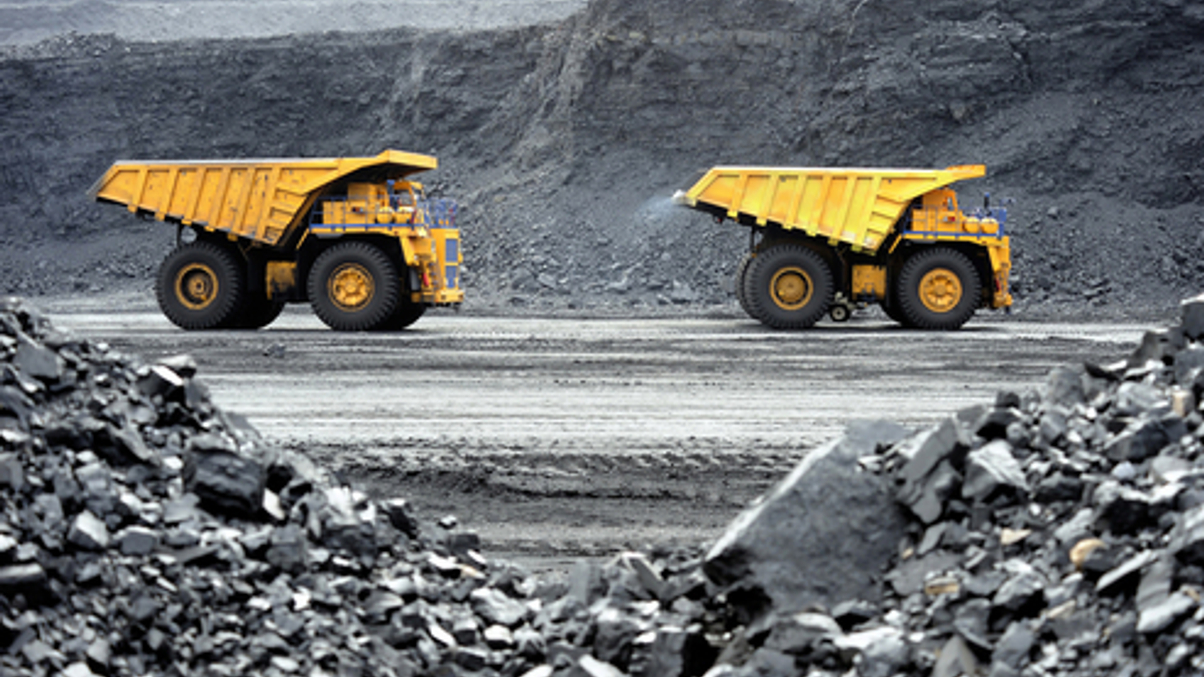NZ Super, Vision Super: Making shareholder activism work
Asset allocators remain determined to take the fight to companies lacking transparency on environmental and human rights issues.

Asset owners are increasingly being pressed to do more to effect positive change within their portfolio companies on environmental, social, and governance (ESG) issues.
Sign in to read on!
Registered users get 2 free articles in 30 days.
Subscribers have full unlimited access to AsianInvestor
Not signed up? New users get 2 free articles per month, plus a 7-day unlimited free trial.
¬ Haymarket Media Limited. All rights reserved.


